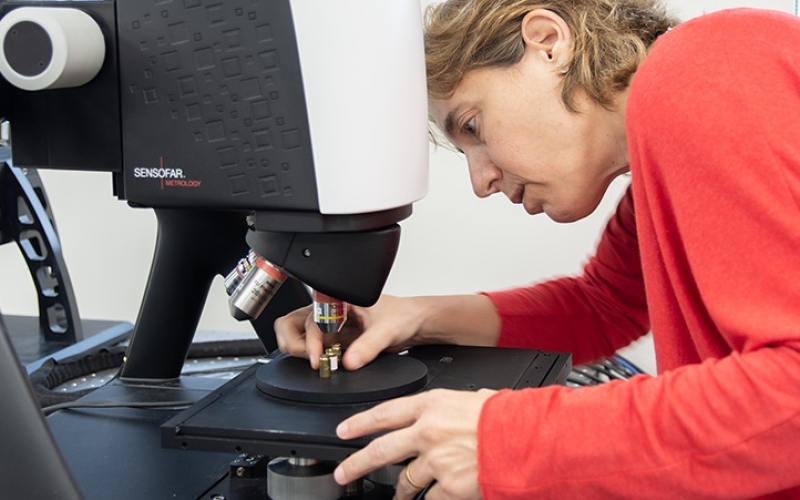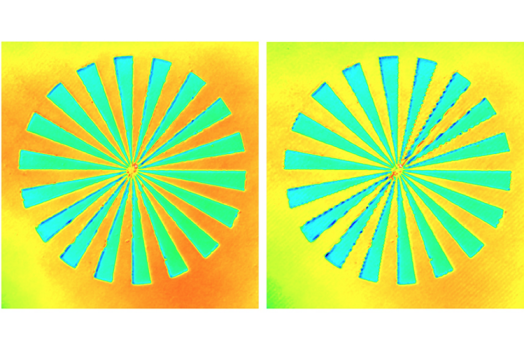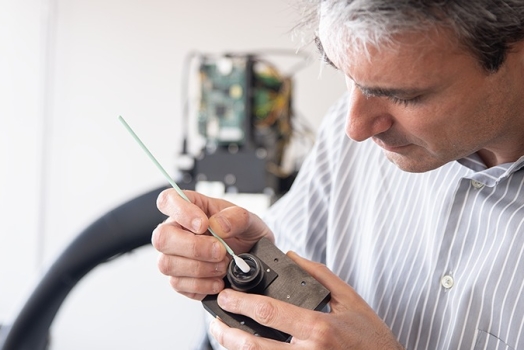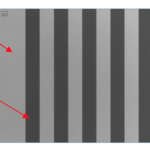
A device for the color measurement and detection of spots on the skin
A device for the color measurement and detection of spots on the skin full article
J. Pladellorens1, A. Pintó1, J. Segura1, C. Cadevall1, J. Antó1, J. Pujol1, M. Vilaseca and J. Coll1
1Center for Sensors, Instruments and Systems Development (CD6), Universitat Politècnica de Catalunya (UPC) Rambla Sant Nebridi, 10, E-08222 Terrassa, Spain.
Skin Research & Technology, Volume14, Issue1 February 2008 Pages 65-70
Abstract
In this work, we present a new and fast easy‐to‐use device that allows the measurement of color and the detection of spots on the human skin. The developed device is highly practical for relatively untrained operators and uses inexpensive consumer equipment, such as a CCD color camera, a light source composed of LEDs and a laptop. The knowledge of the color of the skin and the detection of spots can be useful in several areas such as in dermatology applications, the cosmetics industry, the biometrics field, health care, etc.
In order to perform these measurements the system takes a picture of the skin. After that, the operator selects the region of the skin to be analyzed on the displayed image and the system provides the CIELAB color coordinates, the chroma and the ITA parameter (Individual Tipology Angle), allowing the comparison with other reference images by means of CIELAB color differences. The system also detects spots, such as freckles, age spots, sunspots, pimples, black heads, etc., in a determined region, allowing the objective measurement of their size and area.
The colorimetric information provided by a conventional spectrophotometer for the tested samples and the computed values obtained with the new developed system are quite similar, meaning that the developed system can be used to perform color measurements with relatively high accuracy. On the other hand, the feasibility of the system in order to detect and measure spots on the human skin has also been checked over a great amount of images, obtaining results with high precision.
References
Laura Rey-Barroso, Francisco Burgos-Fernández, Xana Delpueyo, Miguel Ares, Santiago Royo, Josep Malvehy, Susana Puig, Meritxell Vilaseca, Visible and Extended Near-Infrared Multispectral Imaging for Skin Cancer Diagnosis, Sensors, 10.3390/s18051441, 18, 5, (1441), (2018).
Xana Delpueyo, Meritxell Vilaseca, Santiago Royo, Miguel Ares, Laura Rey-Barroso, Ferran Sanabria, Susana Puig, Josep Malvehy, Giovanni Pellacani, Fernando Noguero, Giuseppe Solomita, Thierry Bosch, Multispectral imaging system based on light-emitting diodes for the detection of melanomas and basal cell carcinomas: a pilot study, Journal of Biomedical Optics, 10.1117/1.JBO.22.6.065006, 22, 6, (065006), (2017).
Zhenmin Zhu, Ruichao Song, Hui Luo, Jun Xu, Shiming Chen, Color Calibration for Colorized Vision System with Digital Sensor and LED Array Illuminator, Active and Passive Electronic Components, 10.1155/2016/7467165, 2016, (1-16), (2016).
Andrew Y. Finlay, Principles of Measurement and Assessment in Dermatology, Rook’s Textbook of Dermatology, Ninth Edition, 10.1002/9781118441213, (1-13), (2016).
A. Y. Finlay, C. H. Smith, General Aspects of Treatment, Rook’s Textbook of Dermatology, 10.1002/9781444317633, (1-34), (2010).







